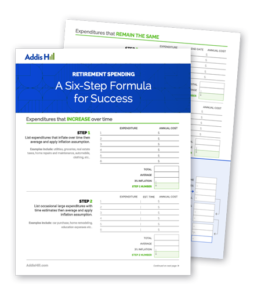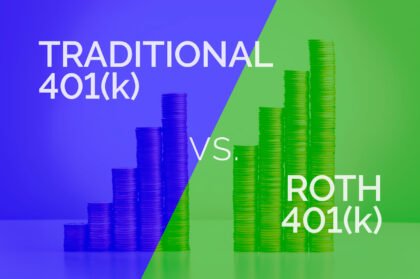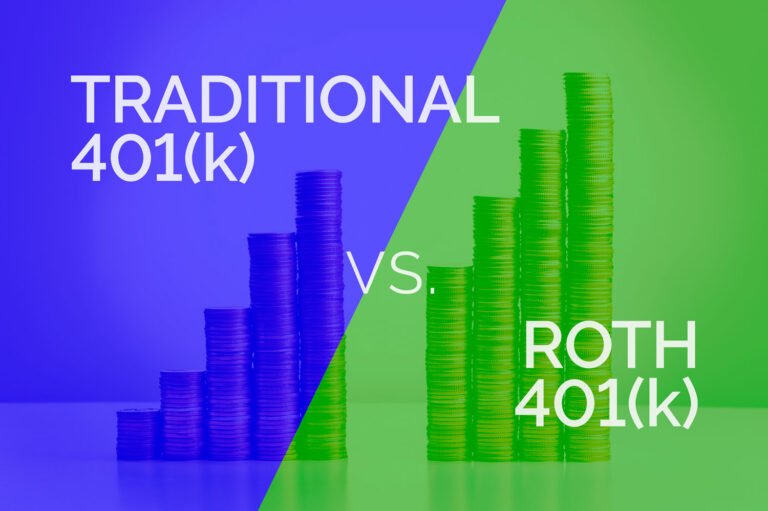Table of contents:
- KEY #1 Emotional Readiness
- KEY #2 Expense Assessment
- KEY #3 Income, Social Security, and Taxes
- KEY #4 Risk Assessment
- KEY #5 Life Insurance and Long-Term Medical Care
- KEY #6 Hire a Financial Advisor
- KEY#7 Get Busy Living!
Documents we reference in this post:
Table of Contents
Retiring Soon?
We have spent hours talking to those who are about to retire as well as those who have been retired for a while about their experiences. Some have navigated through the process without missing a beat while others have struggled to find their footing. We developed a list of seven considerations to ponder before you submit your resignation letter might be helpful so that you go into retirement with your eyes wide open to the challenges and keys to success.
KEY #1 Emotional Readiness
Before you even begin to crunch the numbers and get too deep into financial strategies and tactics, take the time to evaluate what your purpose is going to be in retirement. And, ask yourself whether that purpose will equal or outweigh the satisfaction you get from your line of work. Our culture seems to suggest that retirement is some utopia, and all your worries will evaporate. Frankly, this can’t be further from the truth. Retirement can be hard. New routines, a loss of social interaction, inflation, and declining health can lead to challenges. But, developing new interests (reinvigorating old ones) can help retirees thrive in different and expanded ways that can go way beyond working. But, some need the structure of employment and part-time work. Exploring your entrepreneurial side can be quite rewarding too. The point is, you have to know what makes you happy, engaged, and motivated to get out of bed in the morning. For those who don’t, retirement may not be all that it’s cracked up to be!
KEY #2 Expense Assessment
Household expenditures are usually grossly underestimated. Most tend not to track their expenses. And, most think they will be spending far less in retirement. The reality is that that most spend a comparable amount in retirement to what they did prior, it’s just that they never had to give it a thought as your employment income kept coming and has increased with inflation, generally. We have created a worksheet to help you compute the expense number so that your financial plan is based on real numbers not fantasy. And, don’t forget that taxes are another expense that needs to be paid. There is nothing worse than being 75 years old and watching your investment values diminish because you are spending way more than you thought. While this can be a bit of a tedious exercise it is one of the most important to tackle!

KEY #3 Income, Social Security, and Taxes
Once it’s determined how much you will need in retirement to live now you can determine how you are going to generate the income to pay for everything. This is the time to assess pensions, social security, and investment accounts. You will likely be shifting from an accumulation mode to an income generation mode. This new mindset can be a difficult adjustment as you have been plowing money in, not taking money out. Each one of these income sources will require a deep dive to ensure you are making the best tactical moves for you and your family. And, don’t forget, the “net” is what really matters. So be sure to understand (or hire an advisor who does) how the money flows to the tax return and be tax aware when making all financial decisions. Little things like Medicare premiums can increase from $170/mo to as high as $578/mo if you are not careful with social security filing, capital gains, and IRA distributions, to name a few.
KEY #4 Risk Assessment
First and foremost, make sure you have a cushion to fall back on in everything goes to hell in a handbasket. That cushion is usually cash in the bank. Cash can rescue you from severe market downturns or other unexpected events in your life. In addition, before you retire and while you have income, obtain a home equity line of credit (HELOC) on your home. You only pay interest on what you borrow, if anything. But, a HELOC can be tapped to bridge the gap if you or anyone you love run into cash flow problems. And, based on our experience, things do happen! The likelihood is that you will never need the HELOC or pay a dime of interest, but you are insulating yourself from a worst-case scenario.
Investment risk should also be evaluated also especially if you will be withdrawing from accounts to generate income to live. The transition from growth to income becomes more important than ever as you get older as you don’t have as much time to recover from prolonged market downturns.

KEY #5 Life Insurance and Long-Term Medical Care
Pre-retirement is also a great time to assess your insurance needs. Life insurance has likely become a bit less important as your financial responsibilities to children has been replaced by an increase in investments and other assets that can be tapped if you die. However, if you have any old universal life policies that were issued twenty or thirty years ago, ask the company for an in-force assessment of the policy. Many old contracts are no longer sustainable due to the decades long decline in interest rates.
But, more important than life insurance is an assessment of your health and future long-term medical care needs. If you are healthy, you might consider how to cover the costs of future care. Can you self-insure? Should you buy long-term care insurance? Or, should you eventually buy into a continuing care retirement community – a form of insurance coverage. These are all ways to manage healthcare risk. Your options are more limited if you have a medical condition so start these conversations early.
![]()
KEY #6 Hire a Financial Advisor
A good advisor can not only help you crunch the numbers, but, they can guide you to ensure that all of these questions and more are answered well ahead of time. And, an advisor will help you make sure that nothing is overlooked. We recommend hiring a fiduciary planner – one who is independent and cannot sell you a product and earn a commission – BY LAW! Making sure that there is a good cultural fit increases the likelihood that the relationship will last. We will be addressing the ways to find such an advisor in an upcoming blog.
KEY#7 Get Busy Living!
Almost every retiree we talk to wants to travel more in retirement. But, many times those well laid plans are thwarted by ill health, family demands, and lots of other distractions. So, if you really want to travel the world, make sure that you plan for starting early! Life goes fast and circumstances can change on a dime. So, plan now and go! And, be sure to take your family along to create lasting memories for all.







